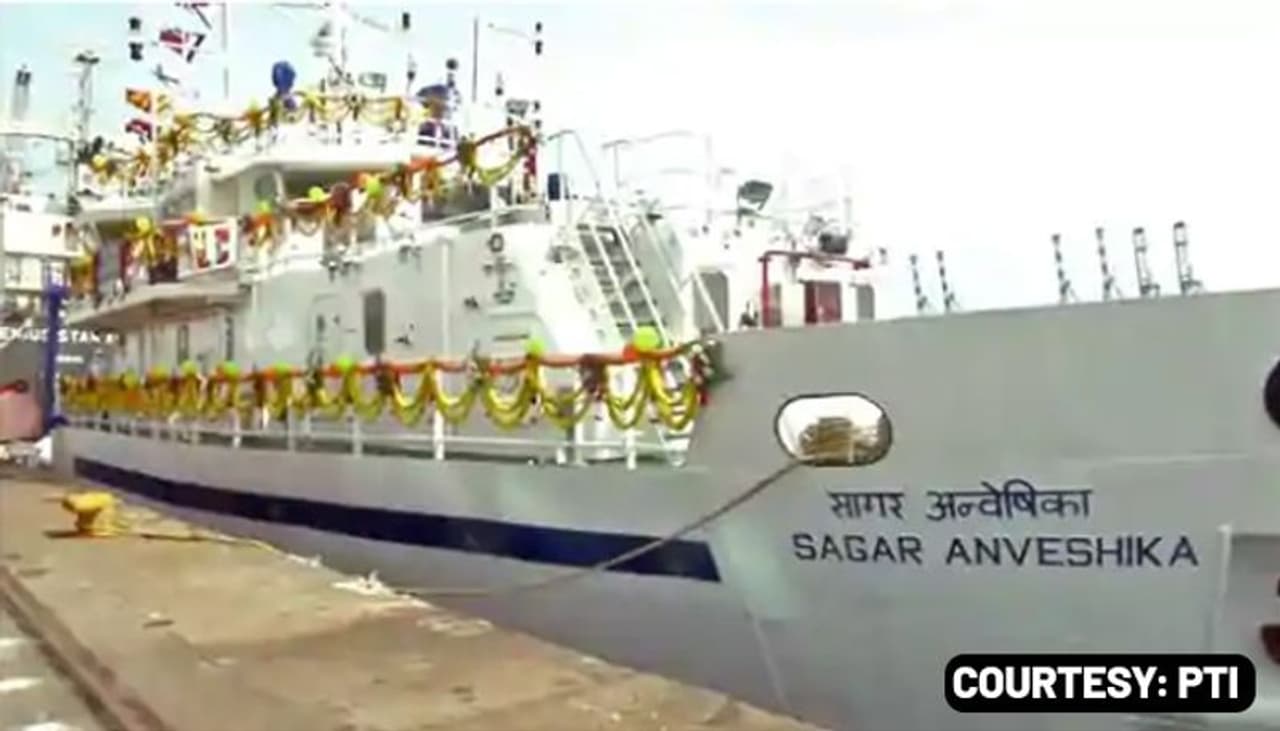India is developing a technology in which scientists can explore the ocean by getting deep inside it
Bengaluru: In a piece of news that makes our hearts swell with pride, India is developing a technology in which scientists can explore the ocean by getting deep inside it.
“We are developing the capability in which scientists can go deep in the ocean beyond three kilometres and they can be there for almost 16 hours (for research purposes), Union minister Harsh Vardhan said.

It is also important to note that India was ranked at the top in weather forecasting and had never issued a false warning whenever cyclones were formed.
On weather forecast, he said the natural calamity, the country remembers -- was the Tsunami of 2004 which caused a 'tragedy of a huge magnitude'.
"When we look back on how our scientists have developed (since Tsunami hit in 2004), we can proudly say that we are the best nation in the world in predicting early warnings of tsunami. We have never issued false warnings. My scientists tell me that Japan has issued false warnings on tsunamis," he said.
The minister said because of early warning facilities, states and administration were able to take up precautionary measures in protecting the people.
"Some cyclones could have caused huge damage. But they were very well predicted sometimes 10 days or two weeks earlier so that the government and respective states got ample time and opportunity to take care of all the precautions so that lives of people and sources of livelihood could be protected," he pointed out.
The country's most ambitious mission was to launch a deep ocean mission which would look at all the aspects of the ocean as a source of minerals, a source of water and strengthen the scientific community, he said.
"We are already in the process and then we will take the help of big organisations in a collaborative way like DRDO, ISRO, people in IITs," he said.
Vardhan said 'Sagar Avneshika' launched today can accommodate about 15-20 scientists for research purposes and has laboratories similar to research vessel 'Sagar Thara' for taking up scientific explorations, PTI reports.
"The state-of-the-art vessel will transform our ocean research activities and boost our blue economy," he said.
